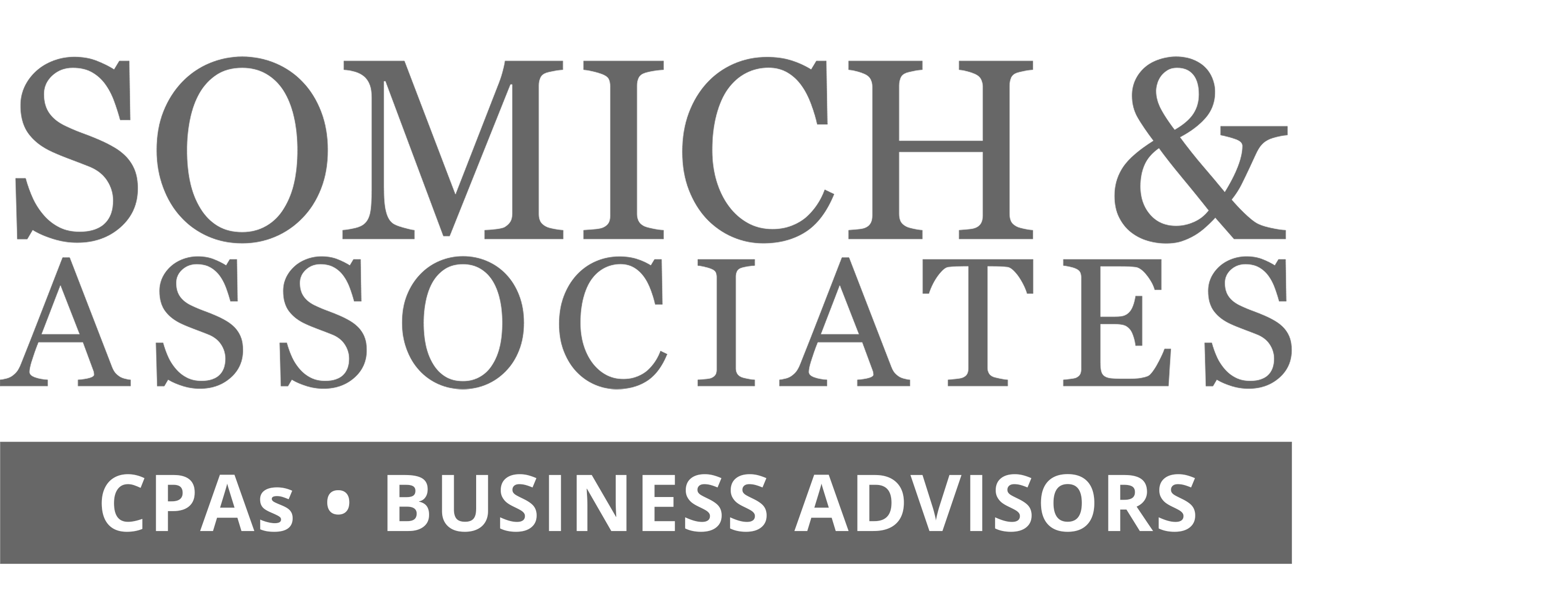The tax season is in full swing and there are a few steps you can take now to speed up the filing process. Even if you have already filed this year this information can be helpful when planning your tax strategies in the future. The faster your return is filed, the faster you get your refund. Even if you end up owing money to the IRS, knowing the amount due sooner gives you more time to come up with the funds needed to pay your tax bill. Here are things you can do to get organized:
- Look for your tax forms. Forms W-2, 1099, and 1098 will start hitting your mailbox. Look for them and get them organized. Create a checklist of the forms to make sure you aren’t missing any.
- Don’t wait for Form 1095s. Once again, proof of health insurance coverage forms are delayed. The deadline for companies to distribute most Form 1095s to employees is pushed back to March 4. The IRS is OK with filing your return prior to receiving the proof of insurance form as long as you can provide other forms of proof. Remember, 2018 is the last year of penalties if you do not have adequate insurance coverage.
- Finalize name changes. If you were recently married or had a name change, file your taxes using the correct name. File your name change with the Social Security Administration as soon as possible, but be aware of the timing with a potential name conflict with the IRS.
- Collect your statements and sort them. Using last year’s tax return, gather and sort your necessary tax records. Sort your tax records to match the items on your tax return. Here is a list of the more common tax records:
- Informational tax forms (W-2, 1099, 1098, 1095-A, plus others) that disclose wages, interest income, dividends and capital gain/loss activity
- Other forms that disclose possible income (jury duty, unemployment, IRA distributions and similar items)
- Business K-1 forms
- Social Security statements
- Mortgage interest statements
- Tuition paid statements
- Property tax statements
- Mileage log(s) for business, moving, medical and charitable driving
- Medical, dental and vision expenses
- Business expenses
- Records of any asset purchases and sales
- Health insurance records (including Medicare and Medicaid)
- Charitable receipts and documentation
- Bank and investment statements
- Credit card statements
- Records of any out of state purchases that may require use tax
- Records of any estimated tax payments
- Home sales (or refinance) records
- Educational expenses (including student loan interest expense)
- Casualty and theft loss documentation (federally declared disasters only)
- Moving expenses (military only)
If you are not sure whether something is important for tax purposes, retain the documentation. It is better to save unnecessary documentation than to later wish you had the document to support your deduction.
Clean up your auto log. You should have the necessary logs to support your qualified business miles, moving miles, medical miles and charitable miles driven by you. Gather the logs and make a quick review to ensure they are up to date and totaled.
- Coordinate your deductions. If you and someone else may share a dependent, confirm you are both on the same page as to who will claim the dependent. This is true for single taxpayers, divorced taxpayers, taxpayers with elderly parents/grandparents, and parents with older children.
While you are organizing your records, ride the momentum to start your filing system for the new year. Doing so will make this process a breeze this time next year!
If you have any questions please feel free to contact us at anytime. We are here to help in any way we can!
